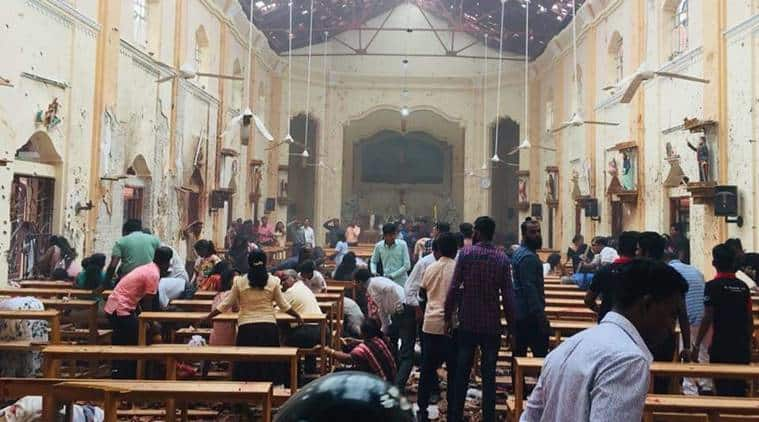As Sri Lanka still mourns for those dead and injured in Sunday’s multiple bomb blasts in churches and luxury hotels, the government has declared a conditional national emergency. The declaration came from a spokesperson of the president’s office on Monday. The government has also shut down messaging and social media sites, purportedly to prevent misinformation and rumors. Several members of the government have also urged for calm and unity after the attack, as the nation’s tense ethnic relations are now being tested.
The bomb blasts at various locations in the commercial capital of Colombo, along with other major cities of Batticaloa and Negombo, led to the death of as many as 310 people and injured more than 500. Three churches and three luxury hotels were targeted, on Easter Sunday, while other potential target sites are still being uncovered after stashes of improvised explosive devices (IEDs) were found at a hospital and the Colombo airport. Nearly 40 suspects have been arrested.
Health minister and cabinet spokesperson, Rajith Senaratne, in a press conference, stated that the organization behind the attack was a Sri Lankan Islamist group, the National Thowheeth Jamaath (NTJ). The NTJ is a little-known group, with very limited presence. According to a profile piece by the New York Times, it was established about three years ago, and was earlier known for nothing more than inflammatory speeches and acts of vandalism. Senaratne went on to state that the government does not believe a small local organization like NTJ could have single-handedly taken up a terrorist operation of such a large scale.
“We do not believe these attacks were carried out by a group of people who were confined to this country,” he said. He also added that “there was an international network without which these attacks could not have succeeded.” The government has also called for the “international support” to pin down the foreign organizations that are supposedly behind the attack.
Senaratne also pointed to the discord between president Maithripala Sirisena and prime minister Ranil Wickramasinghe, stating that “This is the only country where when the prime minister summons the security council, they don’t assemble.” He stated this after admitting to the fact that certain unnamed foreign intelligence agencies had warned of a possible attack by Islamist groups on Easter, around two weeks ago. The intelligence services had also sent a letter detailing a potential attack by the NTJ, according to Senaratne. But he further added that the prime minister and the cabinet were kept in the dark by the National Security Council, for unstated reasons. He nevertheless apologized for the intelligence “failure” that could have avoided or at least minimized the impact of the attacks.
he National Security Council and the intelligence portfolio fall under president Sirisena, who took over these portfolios unilaterally during the country’s constitutional crisis between October and December 2018.
Sri Lanka’s decades-long civil war came to an end in 2009, and was marked by massive ethnic violence against the Tamil community. Recent years have also seen a surge in Sinhala Buddhist nationalism and violence against members of the Tamil community, as well as religious minorities. 2014 and 2018 saw violence by Sinhala Buddhist majoritarian forces against Muslims in the country.





